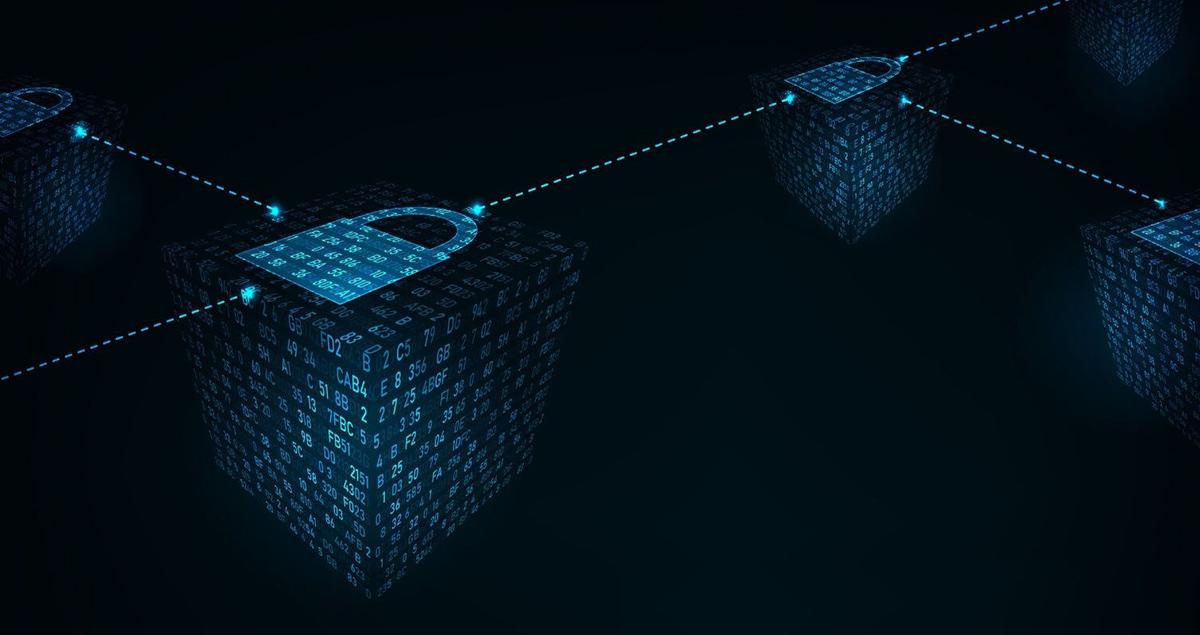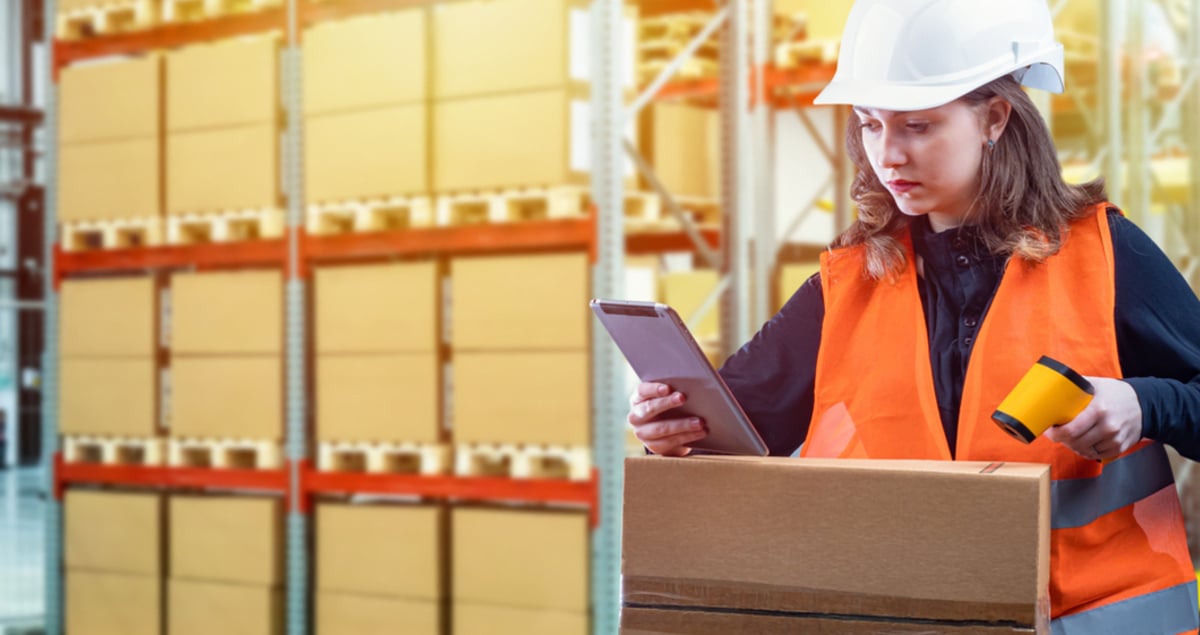Blockchain is transforming supply chains. Here are 5 ways

Supply chains have been through some tough times of late. The COVID-19 pandemic has disrupted the global flow of goods, exposing vulnerabilities and weaknesses resulting in shortages of many essential items, including food and vital personal protective equipment.
But the timely evolution of blockchain – a distributed and secure digital ledger that can safeguard supply chain information – offers a way to remove uncertainty, cut delays and reduce costs. As the supply world becomes evermore digital, global and complex, the COVID-19 crisis is accelerating adoption of blockchain to strengthen supply chains and boost consumer trust in the goods we buy.
Here are 5 ways the technology is making supply chains more efficient, more accurate and more secure.
1. Securing payments
Using blockchain, buyers and suppliers can confidently exchange payments even when conducting business for the first time.
Traditionally, trust builds as a business relationship grows, which brings many benefits but can also be time-consuming and expensive. But blockchain securely and accurately timestamps when, where and if each stage of a shipment takes place.
Blockchain software disburses transaction information across a network of connected computers, which must comply with pre-agreed rules. Every time details are added to the information chain, a new data block is created instantaneously, which cannot be removed or altered.
Everyone involved in the transaction can see the actions relating to an order’s progress, check the documentation is correct and secure payment without fear of human error or fraudulent behavior.

2. Speeding up customs documentation
Document checks and verification are automatically built into blockchain software, which speeds up customs documentation and cuts out shipping agency handling fees.
Although each user with permission to access a shipment’s details sees the same records, no information or documents are held centrally. At each stage of the supply chain, contracts, order details, proof of a product’s origin and other documents are recorded in dispersed data blocks. This secure data record means the authenticity of documents can be easily verified without the need for a third party.
Indonesia, Thailand and Singapore are among the nations that have adopted the TradeLens platform, one of the first applications of blockchain technology for shipping and customs documentation.
3. Safeguarding pharmaceutical and medical supplies
Blockchain adds transparency, traceability and accuracy to shipments, particularly those prone to theft or counterfeiting like some pharmaceutical products. This technology is particularly important for the global rollout of COVID-19 vaccines, some of which must be stored at a set temperature and have limited shelf-life.
Each container is sealed and given a unique serial code, which can be tracked and authenticated at each stage of the delivery process, building a reliable distribution history that helps streamline vaccine deliveries and prevents criminal activity.
"A blockchain record is almost impossible to falsify – the information is accurate," Martha Bennett, vice president and principal analyst at Forrester Research told TechTarget. "A blockchain-based ecosystem provides a much more equitable way of collaboration."

4. Proving the origin of goods
Guaranteeing the provenance of products or components is becoming increasingly important, not only to guard against counterfeit goods, but to protect manufacturers from suppliers that have inconsistent quality standards or adopt bad working practices, like employing child labor.
Also, as a blockchain record can’t be illegally or unintentionally altered, lost or destroyed, goods like diamonds can be etched with a serial number and their legal ownership traced, to prevent theft or to help buyers avoid the “blood diamonds” sold to fund conflicts.
Adopting blockchain technology helps producers in different industries safeguard their reputation, which often rests on their ability to prove the origin and quality of components used to manufacture equipment and machinery.
5. Smart automated contracts
As blockchain works in near real time, buyers and suppliers can agree to build smart contracts into the software, which automatically update shipment information and allow goods to be forwarded or payment to be made once all conditions of the contract have been met.
When blockchain combines with Internet of Things-loaded port and freight facilities, sensors and transmitters attached to a shipment can determine when it reaches its destination and if the consignment is in good condition.
With endless applications, blockchain looks set to become a vital tool for strengthening the global supply chain after one of the most challenging periods in living memory.




